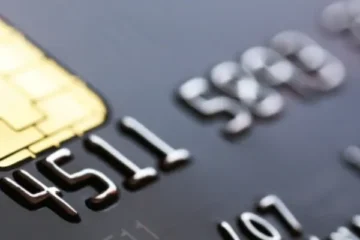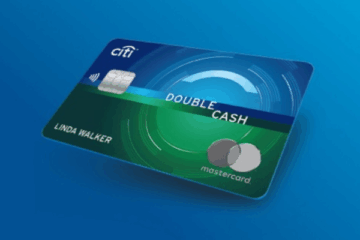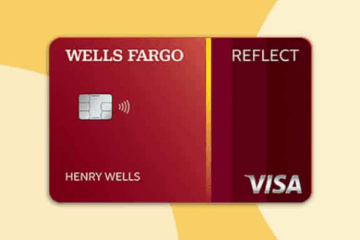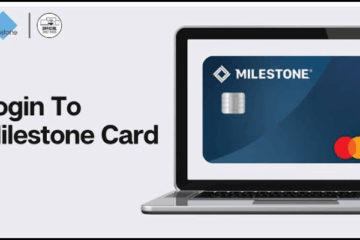How to organize your personal finances: a guide to avoiding debt
Everyone knows how busy life can be. Between work, studies, family, and all the day-to-day responsibilities, we often put taking care of our money on the back burner. But the truth is, the sooner we start organizing our personal finances, the more peace of mind we have to deal with the unexpected and achieve our dreams.
Advertising
Today, we’re going to talk about how you can organize your finances in a practical way and avoid unnecessary debt. One step at a time, in a simple and uncomplicated way. Ready?
Why is organizing your finances so important?
Advertising
Having control over your money doesn’t mean giving up on life or stopping enjoying the good things. On the contrary! When you understand where every penny goes, you can separate what really matters and avoid those debts that snowball.
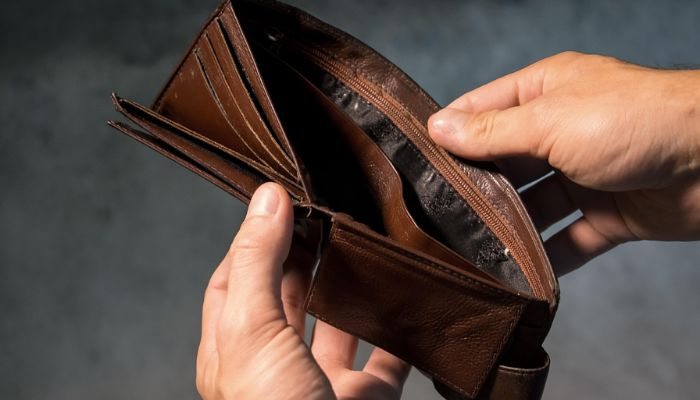
In addition, having your finances organized gives you more freedom. Freedom to say “yes” when an incredible opportunity arises and also to say “no” when you realize that something doesn’t fit into your budget.
Advertising
First step: understand your money
Before thinking about spreadsheets and apps, the first thing you need to do is understand how your money comes in and goes out. It seems basic, but many people have never stopped to do this calculation.
Take a piece of paper, or open the notepad on your cell phone, and write down:
- How much you earn per month (salary, odd jobs, extra income).
- What are your fixed expenses (rent, bills, transportation).
- What are your variable expenses (groceries, leisure, clothing).
- Just by doing this exercise, you will already have a much clearer view of your financial life.
Organize your expenses into categories
Now that you know how much comes in and how much goes out, the next step is to separate your expenses into categories. For example:
- ✅ Housing
- ✅ Transportation
- ✅ Food
- ✅ Leisure
- ✅ Health
- ✅ Fixed bills
This will help you see where you are spending the most and where you can save. Sometimes, small adjustments in some categories can make a big difference at the end of the month.
A simple and effective tool to start with is the 50/30/20 rule. Half of what you earn should go toward essential expenses, such as rent and fixed bills. Thirty percent can be allocated to leisure and more flexible expenses, such as outings and small pleasures.
The other twenty percent goes to savings or to pay off any debts you already have. This division does not have to be followed to the letter, but it serves as a good guide for balancing your accounts without giving up everything.
One point that requires caution is credit cards. They can be a great ally, but they can also become a villain if not used consciously. For those who want to avoid unnecessary debt, the golden rule is simple: use your card only for what you really need and always write down what you are spending. Don’t just pay the minimum amount on your bill, as interest rates are very high and can turn a simple purchase into a debt that is almost impossible to pay off.
Get into the habit of writing everything down
It may seem tedious at first, but writing down your expenses is a powerful habit. You don’t need expensive apps to do this — even a small notebook will do.
Writing down every expense, no matter how small, makes you more aware of your money. And awareness is the first step to avoiding those impulse purchases that end up turning into debt.
Set up an emergency fund

We never know when something unexpected will happen: a health problem, a car emergency, an unexpected bill. That’s why an emergency fund is so important.
Even if it’s only $20 or $50 a month, start setting aside money for this reserve. It will save you from going into overdraft or using your credit card revolving credit, which are two of the highest interest rates available.
The financial effort is personal
In addition, always seek to learn more about personal finance. There are many videos, courses, and even podcasts that discuss the subject in a simple and free manner. Knowledge is power—the more you understand about money, the easier it is to make better decisions and avoid the pitfalls that lead to unnecessary debt.
Another essential point is to talk about money. Many people avoid this subject out of embarrassment or fear, but talking to family or friends about finances can be very helpful. These conversations can provide valuable tips and even prevent you from getting into debt that could otherwise be resolved.
How can you avoid unnecessary debt in your daily life?
- 🔸 Say “no” to impulse purchases: that unmissable discount is often not worth it;
- 🔸 Avoid unnecessary loans: only take out credit when you really need it;
- 🔸 Be careful with long-term financing: think carefully before taking on payments that will last for years;
- 🔸 Keep an eye on interest rates: know exactly how much you will pay in the end, not just the monthly installment.
See also: Create your emergency fund with this step-by-step guide.
In conclusion…
Having clear goals is another step that helps a lot when organizing your finances. When you know exactly what you want — whether it’s getting out of debt, buying something important, or traveling — it becomes much easier to make decisions aligned with those goals. Write these goals down on a piece of paper and leave it where you can always see it, such as on the refrigerator door or mirror. This will remind you of what really matters and give you the strength to resist spending on things that are not a priority.
Ultimately, organizing your personal finances and avoiding unnecessary debt is more than just a matter of money: it’s about living with more freedom and less worry. It’s about being sure that you are in control of your life and that you can fulfill your dreams without having to give up everything or live in fear of the future. Best of all, you don’t have to wait to get started — you can take the first step today, with the tools you have and within your reality.
If you liked these tips and want to continue learning how to take better care of your money, subscribe to the channel and activate the bell to receive all the latest news. Remember: the first step is always the hardest, but once you get started, you’ll see that organizing your finances is a gift you give yourself. See you next time!
